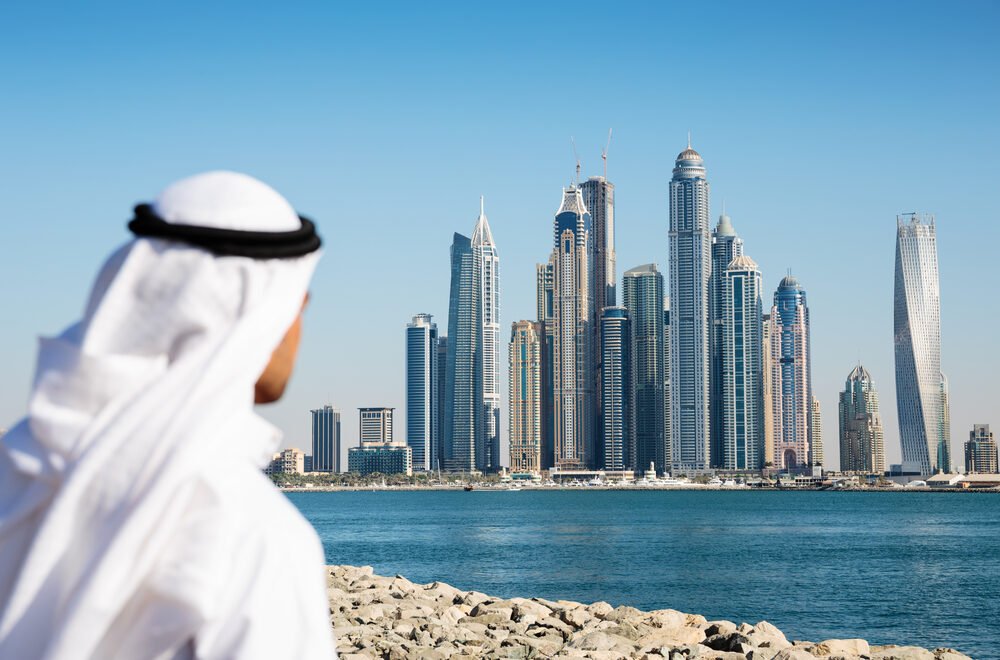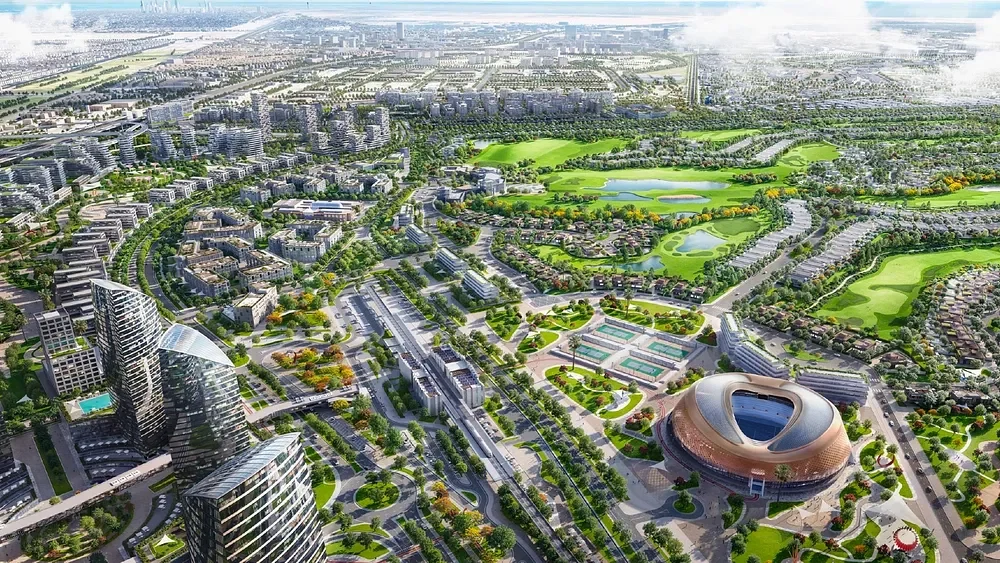Now Reading: 10 Amazing Environmental Moves UAE Is Making Right Now 2025!
-
01
10 Amazing Environmental Moves UAE Is Making Right Now 2025!
10 Amazing Environmental Moves UAE Is Making Right Now 2025!
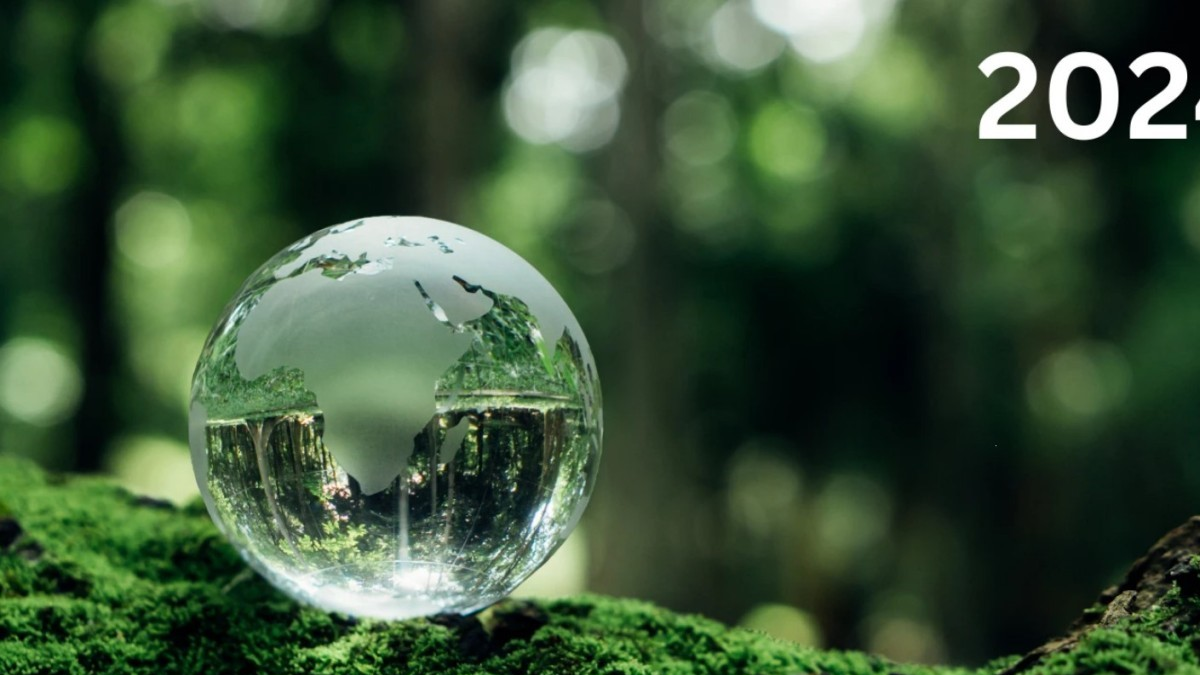
Table of Contents
In recent years, the United Arab Emirates (UAE) has taken bold steps to protect the environment, fight climate change, and encourage sustainable living. From massive tree-planting programs to innovative recycling projects, environmental campaigns in the UAE are making headlines around the world.
These efforts are not only helping the planet but also bringing communities, schools, and businesses together for a greener and healthier future. As the UAE continues its journey toward sustainability, the world watches closely how a desert nation is turning into a global leader in environmental protection.
Why Environmental Campaigns Matter in the UAE
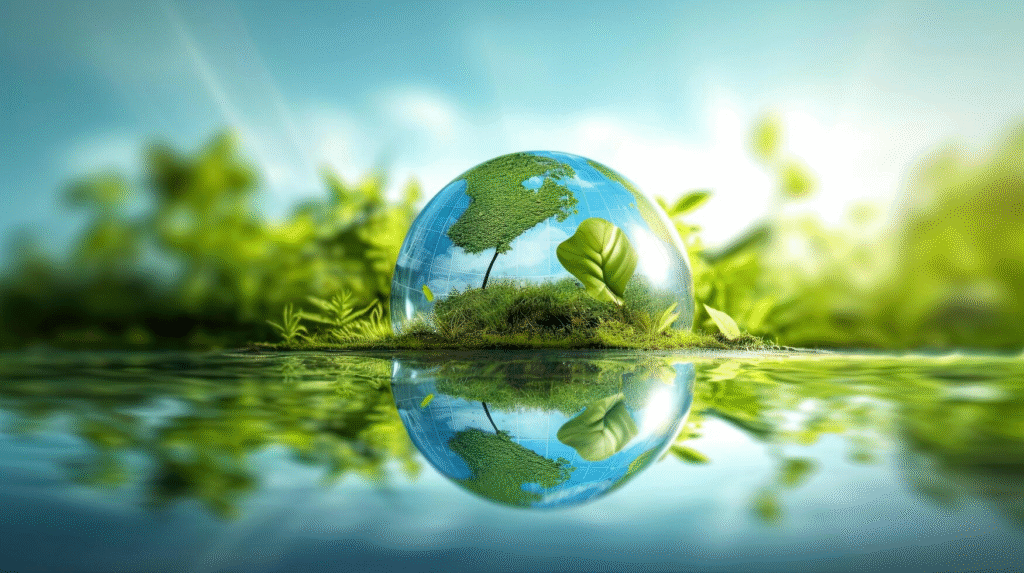
The UAE is known for its rapid urban growth, luxurious lifestyle, and modern architecture. However, this fast development has also led to serious environmental problems, including waste pollution, carbon emissions, and water scarcity.
To tackle these issues, the UAE government, private companies, non-profit groups, and local communities have launched many environmental campaigns in recent years. These campaigns focus on protecting natural resources, reducing plastic use, increasing recycling, planting more trees, and promoting clean energy.
For a country that depends heavily on oil exports, this shift toward sustainability is a major and inspiring change.
1. “Clean UAE” Campaign: The Biggest Waste Cleanup Drive
One of the most successful environmental campaigns is “Clean UAE”, organized by the Emirates Environmental Group (EEG). In 2023, this campaign brought together over 62,000 volunteers from across the seven emirates.
Their mission? Collect as much waste as possible from beaches, deserts, and city areas.
Within days, they removed over 90 tons of waste, preventing harmful plastics and other materials from reaching the ocean or damaging wildlife habitats.
The campaign also educated thousands of residents on the importance of waste sorting, recycling, and reducing single-use plastics.
2. The One Million Trees Initiative
Trees are rare in the desert environment of the UAE, but the government is trying to change that.
Under the “One Million Trees” campaign, thousands of native Ghaf trees have been planted across the country. The Ghaf is not only the national tree of the UAE but also helps stop desertification, cleans the air, and provides shelter for birds and insects.
This campaign involves schools, businesses, and families, who are invited to plant trees and learn about the environment.
Many public parks and open spaces are now greener thanks to this initiative. In some areas, community members plant their own tree and receive a certificate for contributing to the country’s greening efforts.
3. “Say No to Plastic” – A Major War Against Single-Use Plastic
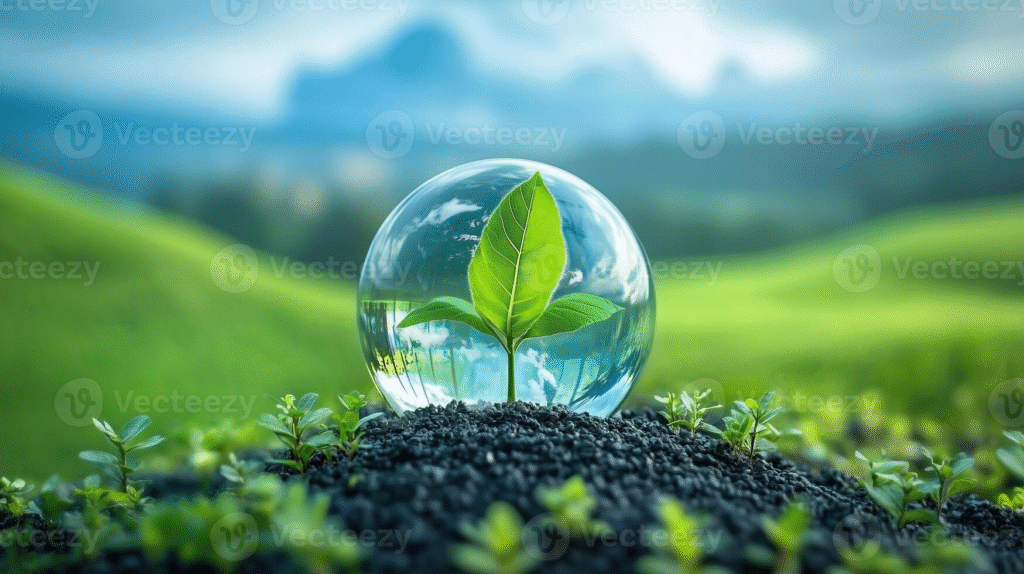
The UAE has made major progress in reducing plastic use.
The “Say No to Plastic” campaign has encouraged shops, supermarkets, and restaurants to reduce or ban single-use plastic bags and straws.
In Abu Dhabi and Dubai, plastic shopping bags are now banned in many places. Customers are asked to bring their own reusable bags or pay for eco-friendly alternatives.
This campaign also runs in schools and offices, where students and employees learn the dangers of plastic pollution and how to replace plastic with sustainable materials like cloth, glass, or metal.
4. The Year of Sustainability – 2023
In 2023, the UAE declared the “Year of Sustainability”, making environmental protection the main focus of government and public activities.
Throughout the year, dozens of projects and events raised awareness of climate change, water conservation, clean energy, and green building designs.
The campaign encouraged people to make small but important lifestyle changes, such as saving electricity, reducing food waste, and using public transport.
At the same time, government offices and businesses committed to carbon reduction goals and invested in solar power, electric vehicles, and energy-efficient buildings.
5. COP28 UAE: A Global Platform for Environmental Leadership
One of the biggest environmental moments for the UAE was hosting COP28 in Dubai.
COP28 (the 28th UN Climate Change Conference) welcomed leaders, scientists, and activists from around the world to discuss climate solutions.
During the conference, the UAE announced big investments in renewable energy, such as solar and hydrogen power, and promised to achieve net-zero carbon emissions by 2050.
This historic event boosted the UAE’s image as a serious player in the global fight against climate change.
6. Youth and Schools: The Green Leaders of Tomorrow
Environmental education is also a big part of these campaigns.
Programs like “Eco-Schools” and “Green School Initiative” involve thousands of students in recycling drives, energy-saving projects, and gardening.
These campaigns teach kids why the environment matters and how they can protect it, even in small ways like turning off lights, using reusable water bottles, and planting herbs at home.
Some schools compete in green challenges, winning prizes for creativity and impact.
7. Smart Technology: UAE’s Digital Solutions for the Environment
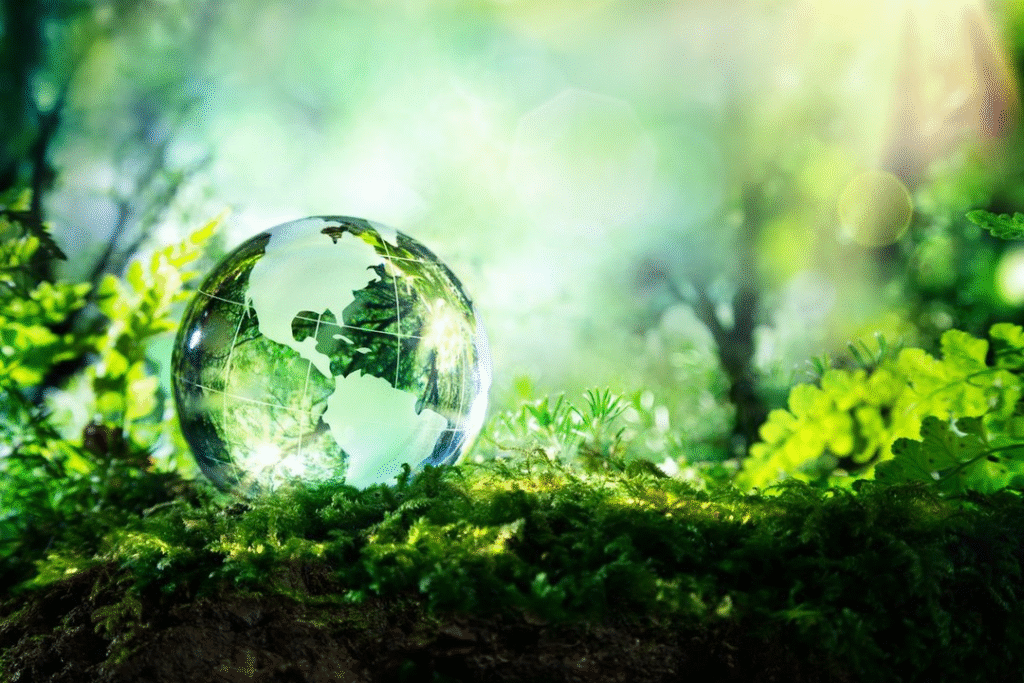
The UAE is using high-tech solutions to support environmental goals.
Apps like “My Environment” allow citizens to report pollution, join cleanup events, and get tips on green living.
Smart waste bins, solar-powered bus stops, and electric taxis are now common sights in cities like Dubai and Abu Dhabi.
These modern tools make it easier for people to participate in environmental campaigns without changing their daily routines too much.
Conclusion: A Sustainable Future in the Making
Environmental campaigns in the UAE show that even a desert country can become a leader in sustainability.
Thanks to strong government policies, business involvement, and public support, the UAE is building a cleaner, greener, and more sustainable future.
But this is only the beginning. As more people join these campaigns and adopt eco-friendly habits, the UAE’s dream of balancing development with nature protection is slowly but surely becoming a reality.
Read More:- Shobha Realty Launches Its Most Luxurious Project Yet—Full Details Inside 2025



